Eight Mile Wall
A painted-over wall in Detroit originally built to segregate a black community from an adjacent white development.
Hidden between houses, covered by weeds and ivy, and cutting through a public park in Detroit’s Wyoming neighborhood, the Eight Mile Wall has been referred to by locals as Detroit’s Berlin Wall. Although unlike its German counterpart, this divider still stands today.
At six feet tall and one foot wide with two gaps in the middle to make way for roads, the half-mile long wall was built to segregate a black community from an adjacent white development. It was never meant to physically separate people, but instead to do so legally and symbolically.
It all started in 1934, when the Federal Housing Administration (FHA) was founded. The FHA signed into law the process of “redlining,” the act of denying loans and financial services to black neighborhoods while granting them for white neighborhoods. This widened the economic gap between races to a whole new level.
The neighborhood of Wyoming was a redlined black neighborhood for nearly a decade until the early 1940s, when developers wanted to build a white development in the area. They were denied by the FHA because their plan placed the white neighborhood “too close” to the black neighborhood.
Thinking quickly, the developers responded by building a half-mile long wall directly in between Mendota Street and Birwood Avenue for a full three blocks. This was enough to be given the nod of approval from the U.S. government. The wall was the official racial divider for over 20 years, until the Fair Housing Act abolished such racist policies in 1968.
The wall itself, however, still remains today — as does segregation in Detroit. While both sides of the wall are currently black neighborhoods, the area around Detroit’s Eight Mile Road is staunchly divided between the majority white north side and majority black south side. Although the wall doesn’t run alongside Eight Mile Road, it’s become known as the “Eight Mile Wall” as a reference to the modern-day epicenter of Detroit’s segregation. (It’s also called the “Wailing Wall” or “Birwood Wall.”)
As a harsh reminder of the racial divisions of the past and the present, the Eight Mile Wall is yet to be knocked down. It remains a divider to this day — albeit symbolically, not legally — between adjacent backyards for three straight blocks. However, the wall has lost its blank white paint job and gotten a makeover. Over the years, it has been painted over with colorful murals, together sending a brighter message of unity, community, and progress.








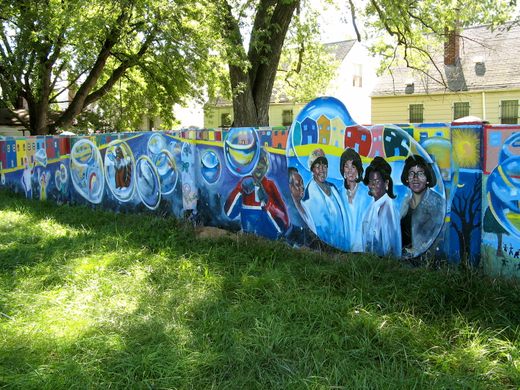




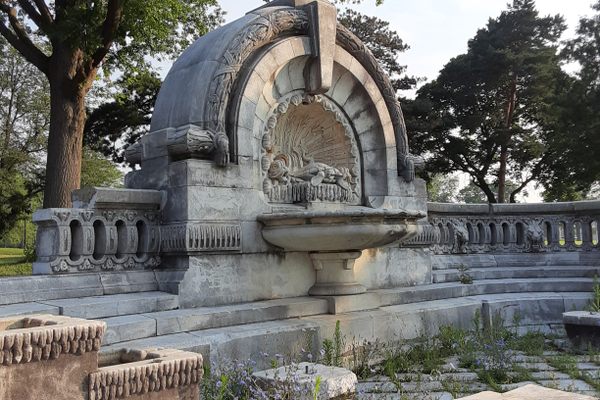
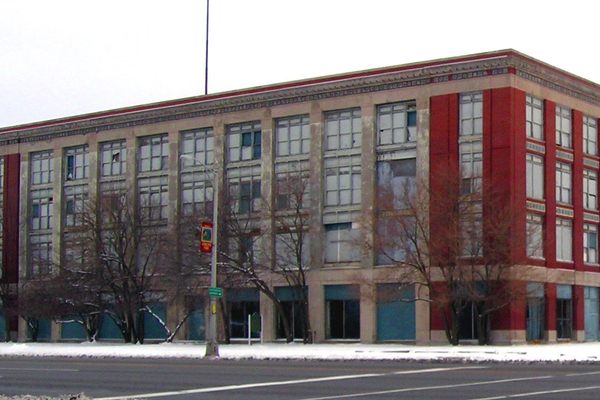


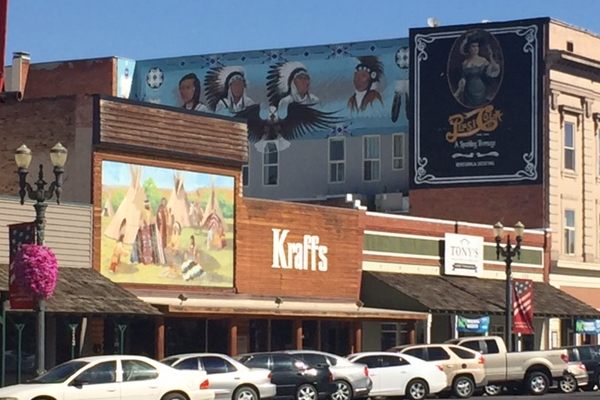

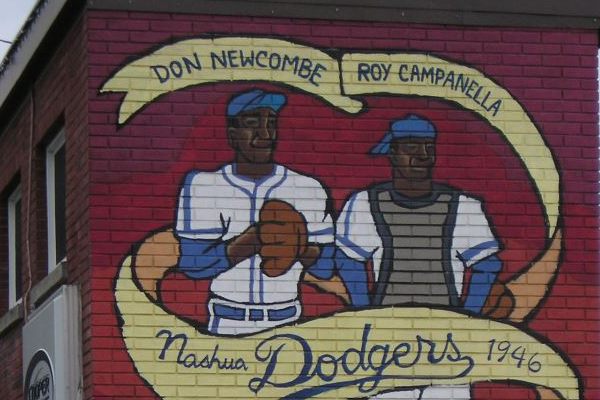

Follow us on Twitter to get the latest on the world's hidden wonders.
Like us on Facebook to get the latest on the world's hidden wonders.
Follow us on Twitter Like us on Facebook